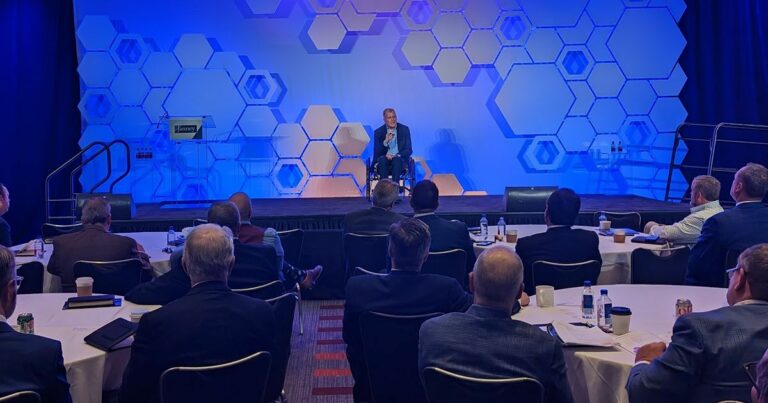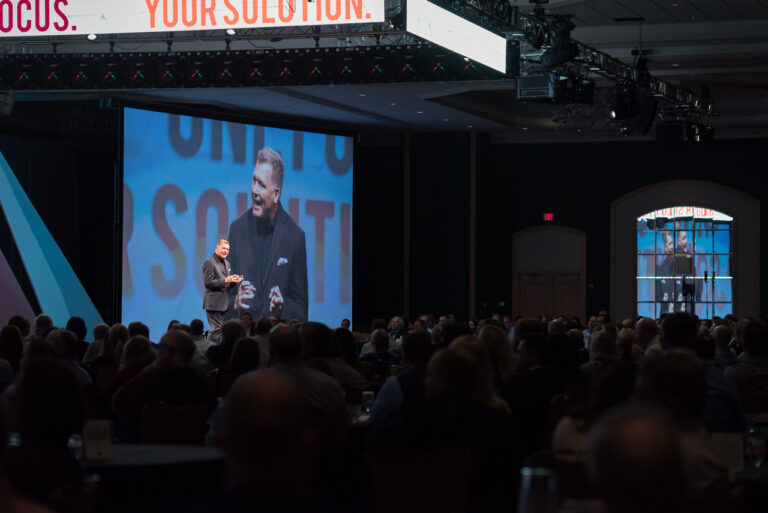Tough Times for Pharma Sales Reps. What is Your Mindset?
As a pharmaceutical sales keynote speaker, I know these are not easy times to be a pharmaceutical sales rep. The once glamorous profession is facing greater stresses and more adversity than ever before.
The statistics bear me out. According to ZS Associates, the U.S.-based management consulting firm specializing in the pharmaceutical industry, the industry will have around 60,000 reps this year, down from a sales force of about 100,000 reps in 2005. In addition to the decline in reps, there is a more troubling trend. In 2012 about 65% of physicians were “accessible” to meet with a sales rep but by 2016 the percentage had dropped to barely 44%.
What is going on?
Some industry old-timers might point to the Sun Shine Act of 2007, which started the process of greater transparency, less gift-giving and “bonuses” but that is hardly responsible for present day problems. Market research into attitudes of physicians toward pharmaceutical sales reps confirms what many of you are feeling: the relationship has soured.
In 2017, the healthcare market research firm DRG Digital – Manhattan Research published physician polling data that should be a wake-up call to the industry.
Overcoming the Perception of Being Stale
The research found that more than half of the physicians felt reps showed them information they had seen before. To the practices, most visits were time wasters. Some specialties placed the “staleness problem” even higher. Seven out of ten oncologists and six out of ten dermatologists had a good idea of what reps would present about their drug before the reps ever called on the physicians.
The research also revealed 75% of physicians routinely found what they needed about the drug online and more than half regularly used pharmaceutical digital databases. Unless there was something new to for a rep to offer, the feeling was why bother?
Despite the disappointment of being presented with old information, about 65% of the doctors polled met with their sales reps and six out of ten said they wanted to meet with their pharmaceutical sales reps in the future. They remained optimistic something new might be offered.
Though the use of computer tablets by the reps dramatically dropped between 2013 to 2017, it didn’t mean that tablet presentations were obsolete. Far more important was new information on what organizations offered patients in terms of education and support.
Overcoming the Communication Gap
Though many of the reps use dedicated health industry software communications platforms, only 12 percent of the physicians polled said they communicated with their reps in that fashion. At the same time, three times as many physicians said they had thought about communicating that way. There is a communication gap.
DRG Digital – Manhattan Research concluded in part that “Sales and marketing teams need to provide a deeper level of support to physicians beyond product promotion and maximizing their investment.”
It comes down to support, education and a commitment to customer service, not just leaving samples and hoping for a prescription quota. In addition, the landscape has shifted to being more adversarial and less welcoming than ever before. Medical and pharmacy students are being taught “resistance techniques” to cope with pressure from sales reps and patients from their earliest days of classwork.
The pharmaceutical sales landscape may be tense with difficulty, but it can be overcome. Physicians want information they can’t get from anyone but you, along with extra-effort support and communication. Will you have the mindset to deliver on their needs and to overcome the adversity of negative perceptions?
For more information on how Pharmaceutical sales representatives can develop techniques to rise above the crowd, contact Scott Burrows, pharmaceutical sales keynote speaker today through this website or call us at: (520) 548-1169



